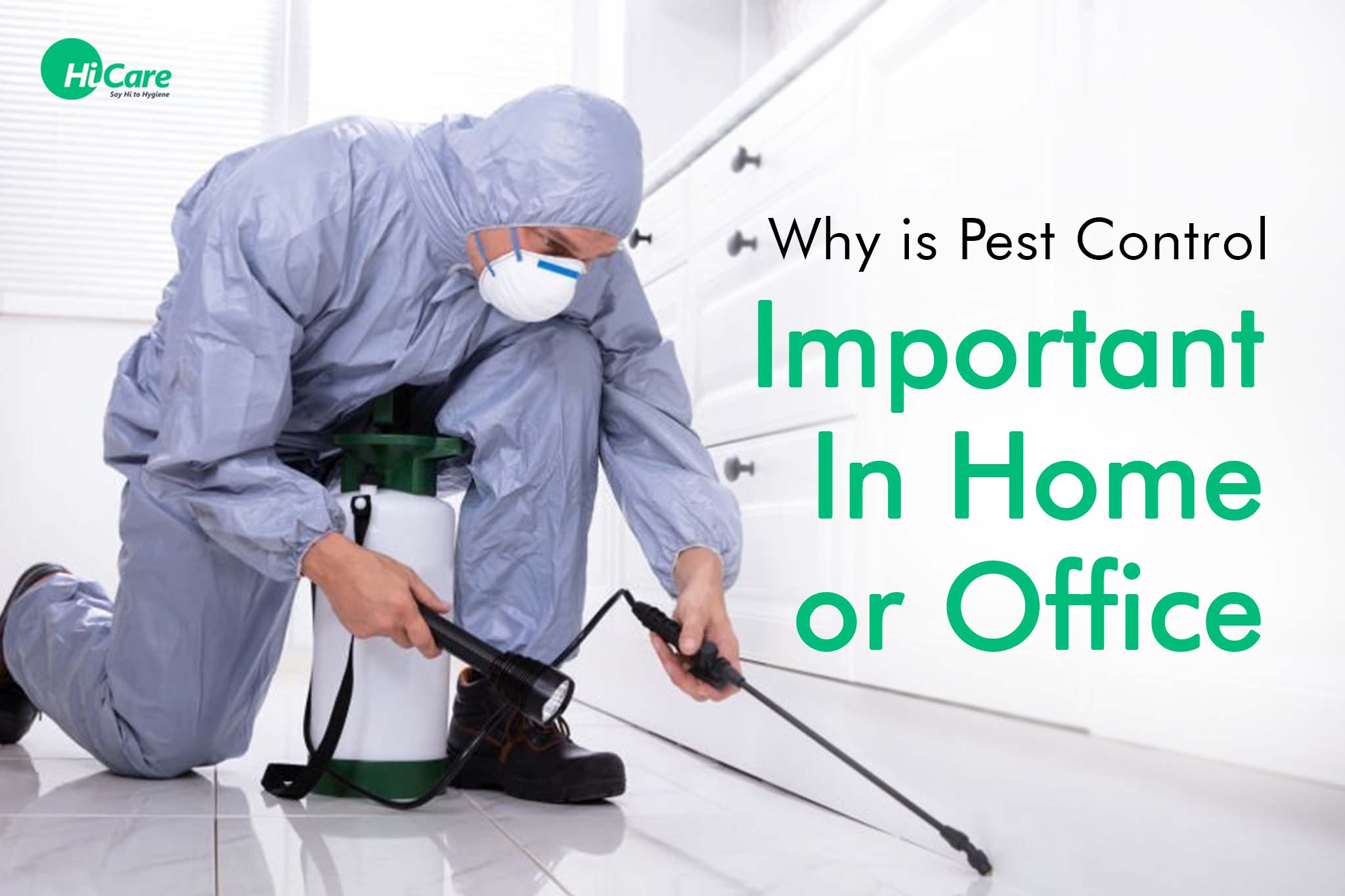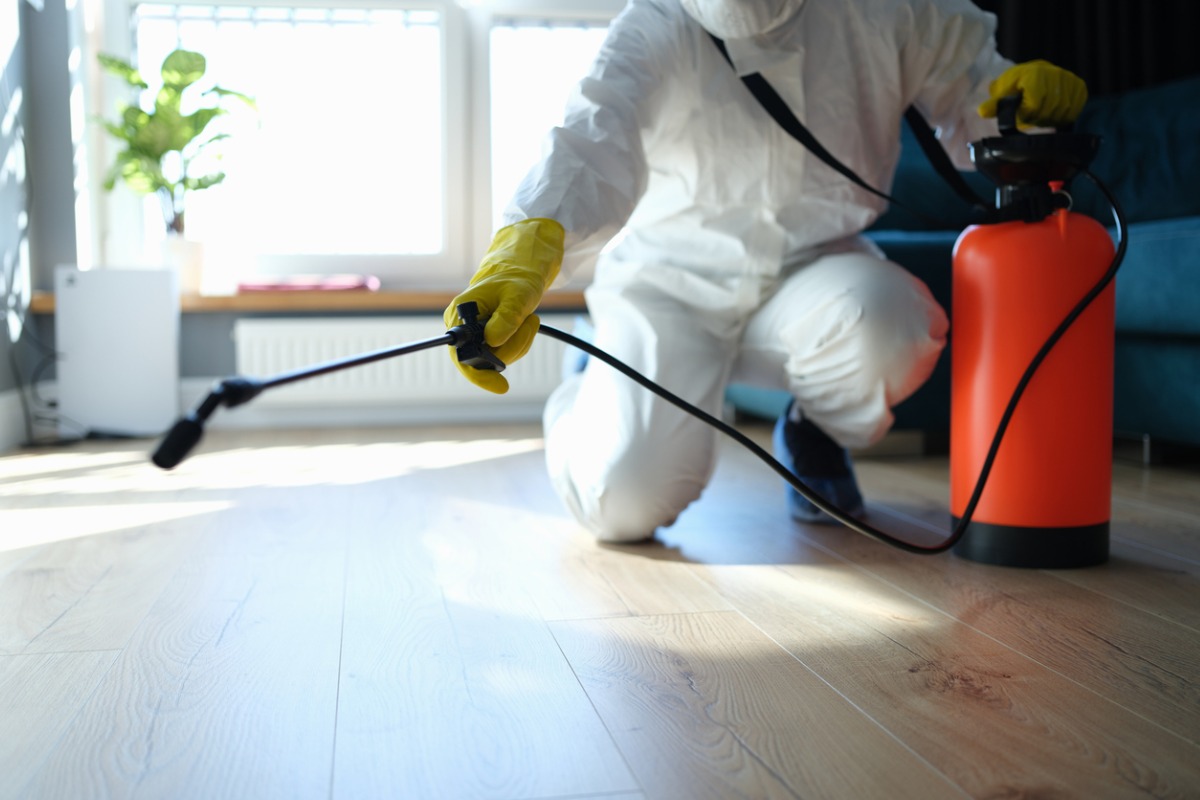Safe and Trustworthy Insect Control for Lasting Protection
Effective pest management requires a complex approach that stabilizes ecological integrity with the demand for effective insect suppression. The nuances of these approaches may not be right away clear, motivating a closer evaluation of the methods that can lead to sustainable parasite control end results.
Recognizing Pest Control Methods
Bug control incorporates a variety of techniques intended at handling and removing undesirable insects and rodents that can endanger both wellness and residential property. Understanding these techniques is critical for efficient insect administration.
The key groups of pest control approaches include mechanical, organic, and chemical strategies. Mechanical approaches involve physical obstacles and traps to avoid pest entry and capture unwanted varieties. Making use of screens on windows or using sticky traps can considerably decrease parasite populaces without introducing hazardous compounds - exterminator coquitlam.

Chemical insect control is commonly one of the most identified approach, making use of pesticides to eliminate bugs. These chemicals can be reliable however have to be utilized with caution to stay clear of negative impacts on non-target types and the environment.
Advantages of Eco-Friendly Solutions
Just how can environmentally friendly services transform parasite control methods? The adoption of environmentally friendly bug control methods offers various advantages, dramatically boosting the efficiency and security of bug management (exterminator coquitlam). First of all, these services use all-natural active ingredients, lowering the reliance on dangerous chemicals that can posture dangers to human wellness and the setting. This shift not only shields family pets and households however likewise reduces the potential for soil and water contamination.

Another benefit is the positive influence on local biodiversity. Green solutions are created to target particular bugs while preserving valuable insects and wildlife, advertising a balanced ecological community. This approach straightens with the growing customer demand for lasting techniques, boosting the reputation of insect control carriers.
Integrated Insect Monitoring Strategies
The execution of environmentally friendly services naturally causes the fostering of Integrated Bug Monitoring (IPM) strategies, which even more boost insect control effectiveness. IPM is a holistic technique that incorporates multiple tactics to handle insect populaces while minimizing environmental impact. This method stresses the use of organic, cultural, mechanical, and chemical controls, making sure a sustainable and well balanced technique of bug administration.
One fundamental facet of IPM is the thorough analysis of bug activity and environmental problems. By keeping an eye on insect populations and about his determining their life process, professionals can implement targeted treatments that disrupt the parasite's habitat or lifecycle, lowering reliance on chemical pesticides. Additionally, cultural methods such as plant rotation and environment adjustment can considerably diminish bug facility and reproduction.
An additional vital element is the usage of organic control agents, such as advantageous pests or microorganisms, which can naturally subdue pest populaces. When chemical applications are necessary, IPM prioritizes using low-risk pesticides and applies them uniquely, reducing direct exposure to non-target microorganisms and people.
Including IPM strategies not just improves bug control performance yet also advertises a more secure ecosystem, lining up with the growing need for sustainable methods in parasite monitoring.
Safe Practices for Property Owners
Understanding the significance of secure techniques in pest control can equip homeowners to properly manage parasite concerns while protecting their find exterminators near me health and wellness and the atmosphere. Applying preventive steps and non-toxic approaches is crucial in minimizing direct exposure to unsafe chemicals.
House owners must initially assess their atmosphere for conditions that draw in pests, such as standing clutter, food, and water waste. Frequently cleaning and sealing entrance factors can deter pests from attacking the home. Utilizing all-natural deterrents, such as crucial oils or diatomaceous earth, can provide reliable choices to chemical pesticides.
When chemical treatments are necessary, home owners ought to go with products that are especially labeled as safe for household use. It is important to comply with application standards meticulously to avoid overexposure. Moreover, using targeted treatments in areas where insects are identified, instead of covering spraying, can substantially minimize chemical usage.
Last but not least, keeping open interaction with insect control experts is important. Property owners must ask about the security of items used and request eco-friendly choices whenever possible. By taking on these safe practices, homeowners can produce a much healthier living environment while efficiently taking care of parasite concerns.

Tips for Long-Term Protection
Establishing an insect monitoring method that stresses long-term security can considerably boost the performance of the risk-free techniques formerly talked about. To accomplish this, home owners must implement normal assessments of their home, focusing on hidden locations such as attics, basements, and crawl areas. Early discovery of pest task is critical in protecting against infestations from taking hold.
These techniques decrease attractants that attract pests right into the home. Sealing access points, such as fractures around home windows and doors, can properly obstruct possible pest access.
Landscape design ought to also be thought about; keeping plants cut and maintaining a distance in between greenery and the home decreases concealing spots for parasites. Utilizing all-natural deterrents, such as essential oils or diatomaceous planet, advice can further prevent infestations without considering severe chemicals.
Last but not least, working together with a specialist bug control solution for routine analyses can provide an extra layer of safety and security. These specialists can supply tailored suggestions and progressed therapies, guaranteeing that your home continues to be protected versus parasites in the long-term.
Verdict
To conclude, risk-free and dependable pest control requires a complex method that stresses environment-friendly techniques and incorporated bug monitoring. By implementing natural deterrents, carrying out regular inspections, and maintaining appropriate cleanliness, home proprietors can considerably lower insect populations while protecting valuable pests and the atmosphere. Cooperation with expert bug control solutions improves the effectiveness of these approaches, guaranteeing customized services that provide long lasting defense and tranquility of mind against future problems.
Reliable insect monitoring requires a diverse method that balances eco-friendly integrity with the need for efficient parasite suppression. The adoption of eco-friendly parasite control techniques offers many benefits, considerably improving the efficiency and safety and security of insect administration.The implementation of environment-friendly services naturally leads to the fostering of Integrated Pest Management (IPM) approaches, which better improve bug control effectiveness. exterminator coquitlam. By keeping track of parasite populaces and recognizing their life cycles, specialists can execute targeted interventions that interrupt the insect's environment or lifecycle, lowering reliance on chemical pesticides.In final thought, trusted and secure parasite control calls for a complex approach that emphasizes environmentally friendly approaches and incorporated insect administration